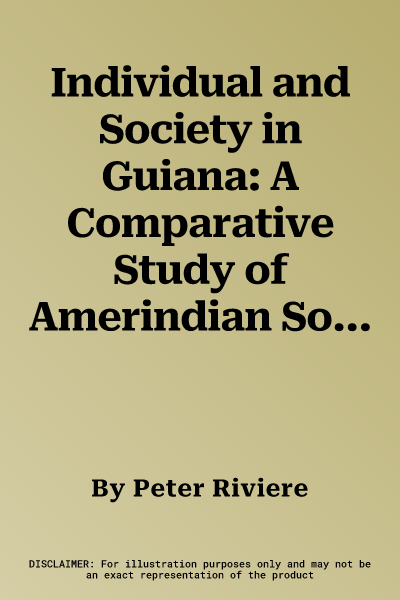Peter Riviere
(Author)Individual and Society in Guiana: A Comparative Study of Amerindian Social OrganisationHardcover, 28 December 1984

Temporarily out of stock
Free Delivery
Cash on Delivery
15 Days
Free Returns
Secure Checkout

Part of Series
Cambridge Studies in Social and Cultural Anthropology
Part of Series
Problems in the Behavioural Sciences
Print Length
136 pages
Language
English
Publisher
Cambridge University Press
Date Published
28 Dec 1984
ISBN-10
0521264537
ISBN-13
9780521264532
Description
Product Details
Author:
Book Format:
Hardcover
Date Published:
28 December 1984
Dimensions:
22.5 x
15.19 x
1.4 cm
ISBN-10:
0521264537
ISBN-13:
9780521264532
Language:
English
Location:
Cambridge
Pages:
136
Publisher:
Weight:
399.16 gm